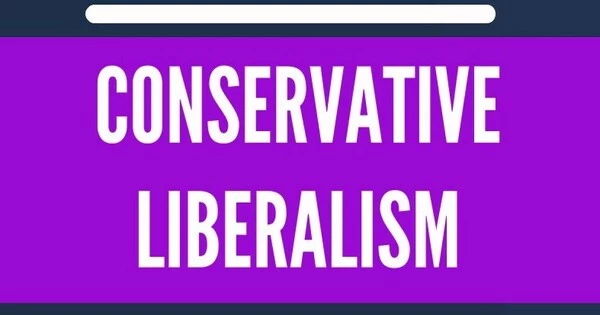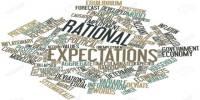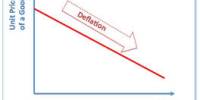Conservative liberalism, also known as right-liberalism, is a type of liberalism that combines liberal values and policies with conservative stances, or simply represents the liberal movement’s right wing. Scholars sometimes regard modern “conservative liberalism” as a more positive and less radical variant of classical liberalism, but it is also referred to as an individual tradition distinct from classical liberalism and social liberalism.
Conservative liberal parties typically combine economically liberal policies with more traditional social and ethical stances and personal beliefs. Most services, according to economic conservatives, can be provided more efficiently by the private sector than by the government. They also believe that government regulation is harmful to businesses, has unintended consequences, and should be kept to a minimum. Many conservatives believe in “trickle-down” economics and favor a small government that collects and spends fewer taxes.
Liberal conservatism and conservative liberalism, in general, have distinct philosophical roots. Historically, “liberal conservatism” refers primarily to conservatives who embrace classical liberalism’s elements, whereas “conservative liberalism” refers to classical liberals who support a laissez-faire economy while also adhering to socially conservative principles (for instance, Christian family values). Since conservatives gradually accepted classical liberal institutions, there is very little to distinguish liberal conservatives from conservative liberals.
Conservative liberalism has an ideological relative or twin in Neoconservatism, and there are some similarities between conservative liberalism and national liberalism.
Political liberals believe that self-interested parties are willing to behave in ways that are harmful to society unless the government is willing and empowered – to constrain them. They believe that regulation is required when individuals, corporations, and industries demonstrate a willingness to pursue financial gain at an unacceptable cost to society—and grow too powerful to be restrained by other social institutions.
Liberals support systematic safeguards against hazardous workplaces, unsafe consumer products, and environmental pollution. They are still concerned about the corruption and historical abuses, particularly the oppression of political minorities — that have occurred in the absence of oversight for state and local authorities. They believe that cultivating a broadly tolerant and permissive society benefits the public welfare.
Political conservatives believe that commercial regulation does more harm than good, unnecessarily usurping political freedoms, potentially stifling transformative innovations, and frequently leading to additional regulatory intervention. They support the reduction of government involvement in non-commercial aspects of society, as well as the privatization of these activities.
Conservatives advocate for the devolution of powers to the states, believing that locally tailored solutions are more appropriate to local circumstances. They promote individual responsibility and believe that a strong society is made up of citizens who can stand on their own. Conservatives value stability and support law and order to protect private property.
















